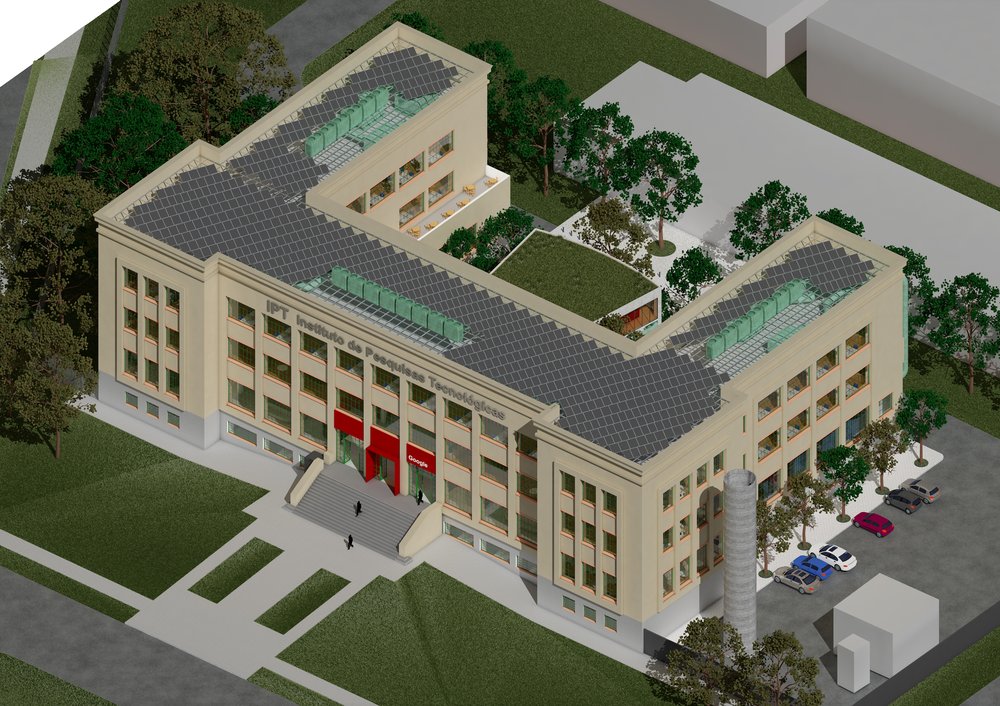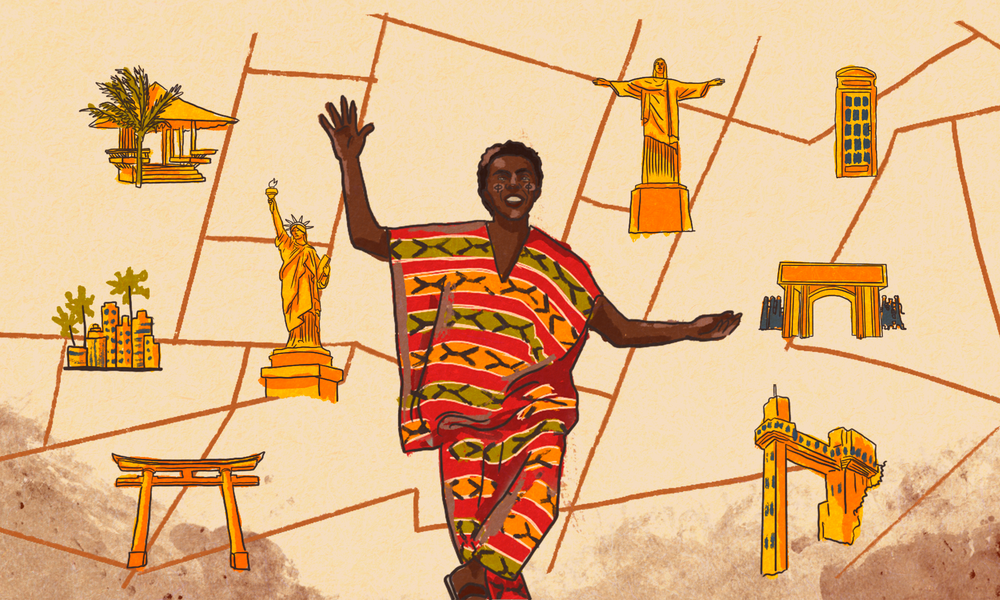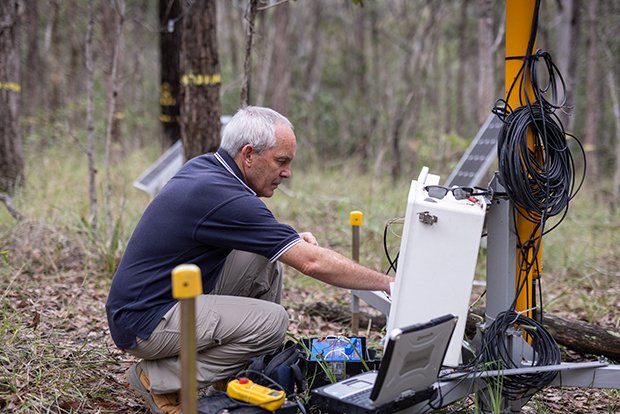New technology advancements during the pandemic have reshaped the way we connect, work and run businesses around the world. Today, we gathered Googlers, journalists, business leaders, civil society representatives and public figures for our Google for Brazil event in São Paulo to demonstrate how we’ll contribute to Brazil’s continued digital transformation.
The event happened on the heels of the IX Summit of the Americas, where our CEO Sundar Pichai announced a five-year, $1.2 billion commitment to Latin America. Here’s how that will unfold in Brazil:
Reinforcing Brazil as an innovation hub
In January, we announced our goal to increase our engineering workforce in the country. At today’s event, we shared our plans to open a new multidisciplinary engineering center in São Paulo. Located on the São Paulo University campus, the new center will be part of the IPT Open Experience, a program created by the Technological Research Institute (IPT) of the State of São Paulo to promote innovation.

A 3D render of the new multidisciplinary engineering center in São Paulo
The Google São Paulo Engineering Center, which should be complete at the end of 2024, will accommodate up to 400 Googlers from various technical areas. Initially, this new hub will host Google engineers working on areas like privacy, security and safety. They will join teams focused on delivering simple user protection and controls to help people stay safe online.
This important work happens both inside and outside of Google. So in partnership with our Google Safety Engineering Center (GSEC), we're launching a dedicated outreach program for content responsibility in Brazil — engaging with tech experts, educators, regulators and key opinion formers to discuss our approach to content responsibility and online safety, and provide more transparency into our work.
Using technology in service of recovery
Being online is essential for any business to grow, and even more so to recover from the pandemic. According to our most recent Economic Impact Report from consulting firm AlphaBeta, thousands of businesses, nonprofits, publishers, creators and developers relied on Google Search, Google Ads, Google AdSense, Google Play and YouTube to generate US$19.4 billion in economic impact in Brazil in 2021.
When it comes to selling products or services in physical stores, it's important for businesses to keep their online information up to date. We’re continuing to experiment with Duplex, our AI technology for natural voice conversations, to call Brazilian businesses and update their hours in their business profile on Maps. All calls are conducted respecting local privacy laws.
Another way to help people in times of recovery is to connect them with the information they need. According to the latest report by research network Rede Penssan, hunger affects more than 33 million Brazilians today. So we partnered with Ação Cidadania to make it easier for Brazilians to find reliable information about soup kitchens and food banks on Search and Maps, with 1,000 currently pinned across the country.
Brazilians can now find soup kitchens and food banks on Search and Maps
Supporting digital inclusion
Since 2017, we’ve invested over 1.6 billion reais to strengthen our technical infrastructure in Brazil, including our subsea cables and cloud region in São Paulo. All these projects aim to improve the quality of digital services for Brazilians and support the growth of our Cloud business. And as our employee base grows, our local Cloud team will move to a new office in São Paulo city in 2023.
To help people and entrepreneurs make the most of this infrastructure, we need to equip them with knowledge and skills. This is especially important for job seekers, as Brazil currently has 11.9 million unemployed people. Today, we announced a commitment to provide 500,000 Google Career Certificate scholarships over the next four years. This year, we’ll offer 30,000 of them in partnership with Centro de Integração Empresa-Escola (CIEE), helping Brazilians get access to jobs in high-growth fields like data analysis and UX design. We’ve also expanded Capacita+, our educational content hub for cloud computing.
This builds on the work Google.org and the InterAmerican Development Bank have been supporting since 2019 with JA Brazil to bring Google Career Certificates to over 2,000 young Brazilians across the country. Additionally, we recently renewed our commitment with Instituto Rede Mulher Empreendedora (RME) through a new $2 million Google.org grant to train 200,000 women all over the country on entrepreneurship, with a focus on Northern Brazil. This complements our new Google for Startups scholarship program in partnership with Instituto Vamo Que Vamo to train 200 young Black people, mostly women, in software development.
Promoting a more sustainable planet
Each day, more people ask themselves what they can do to help protect our planet from environmental threats like climate change. Many of these questions start in Google Search. So in partnership with the United Nations, we’ve released an information panel that appears above results for climate change-related queries. In addition to sharing basic facts about the topic, the panel also offers tips for living a more sustainable life.
As a technology company, we can also help others use digital solutions to increase the scale and impact of their work. Through a $500,000 Google.org commitment ($250,000 in cash grants and $250,000 in Ad Grants), we’ll support The Nature Conservancy (TNC) to develop solutions to protect biodiversity in the Amazon rainforest.
Reaffirming our mission
Our Google for Brazil event was a special moment to demonstrate our long-term commitment to the country and celebrate Brazil's unique contributions to the world. In fact, to cap off the day, we revealed a new Google Arts & Culture collection dedicated to Gilberto Gil, one of Brazil's best-known musicians. It's the platform’s first large retrospective dedicated to a living artist, unpacking Gil’s life, career and influences on Brazilian and global culture on the month of his 80th birthday.
Through all of these initiatives, we are reaffirming our mission to help Brazilians use technology to build a more inclusive, innovative, sustainable, democratic and equitable future.




